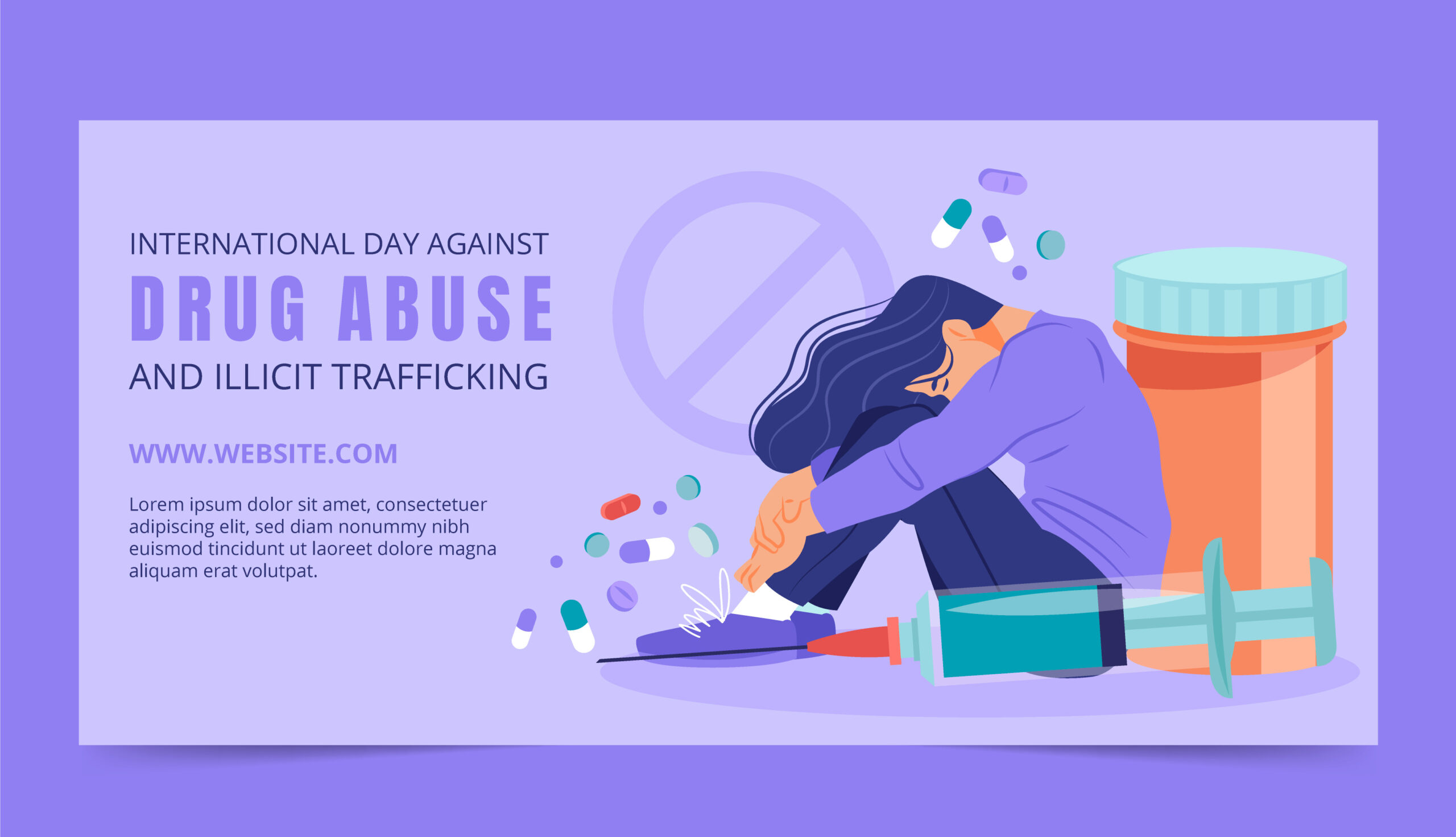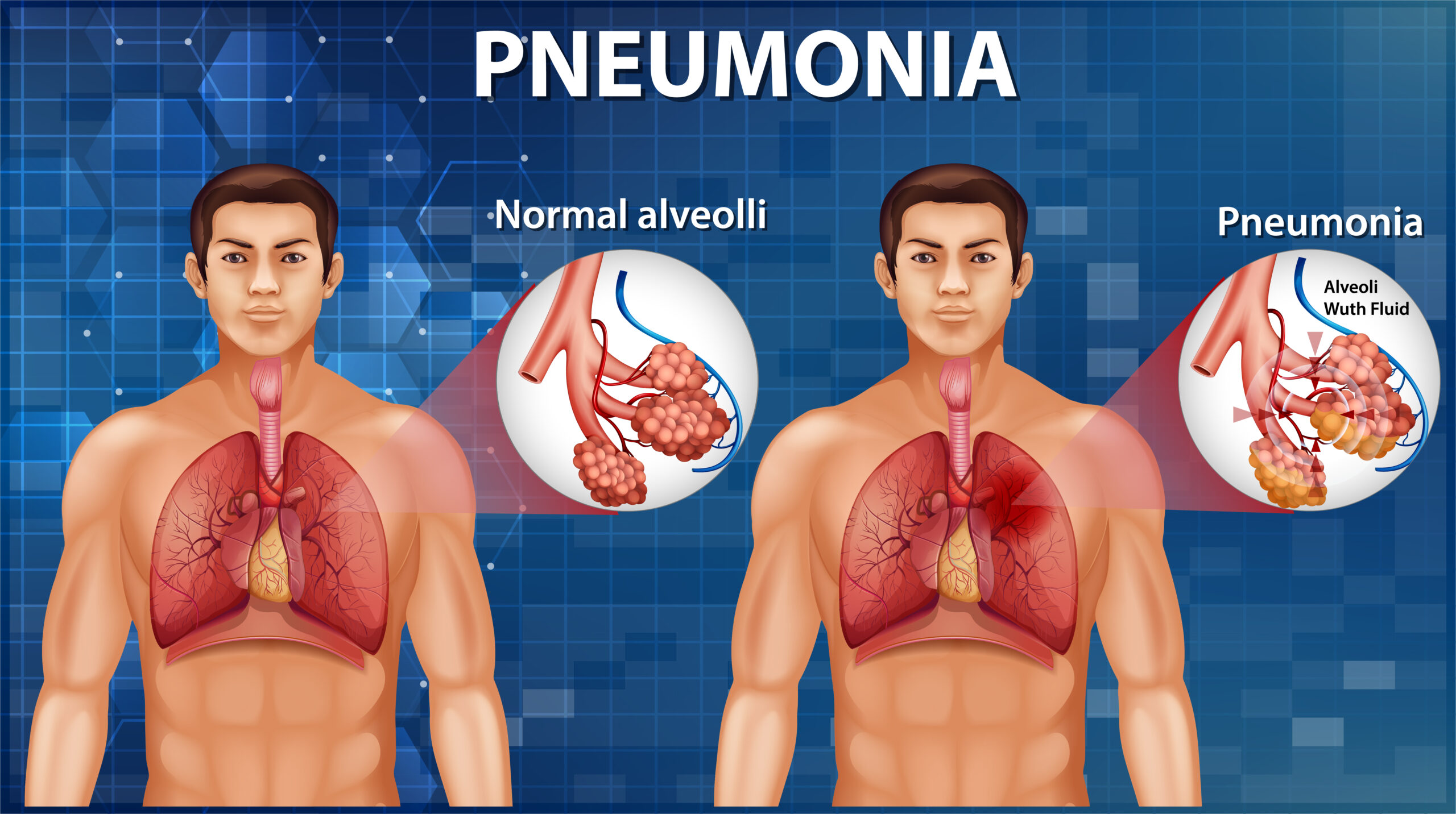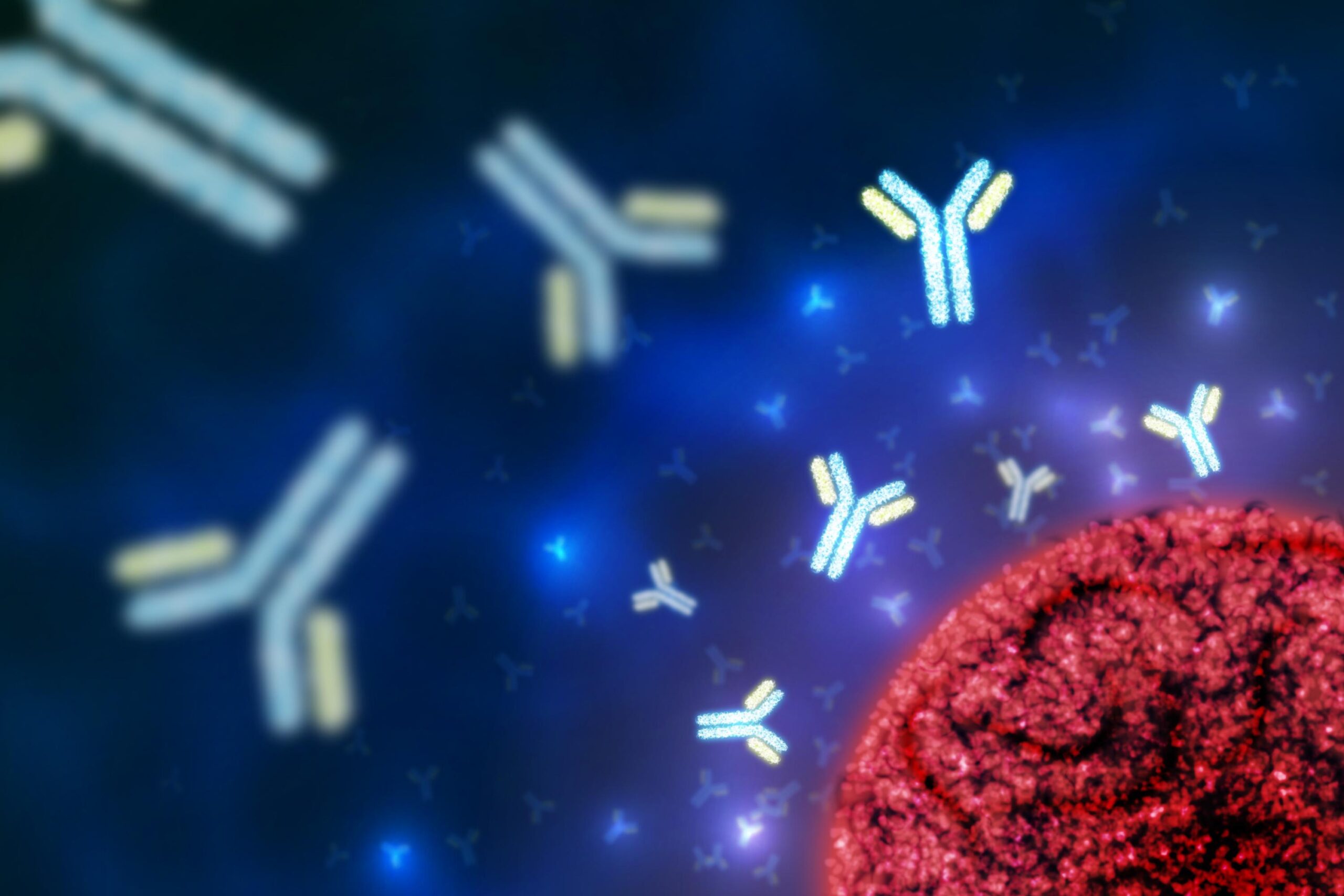Introduction:
Substance abuse is a major public health concern that impacts millions of individuals worldwide. It involves the harmful or risky use of psychoactive substances, such as alcohol and illegal narcotics. With a focus on alcohol and opioids, this article explores the causes, effects, and therapies of substance misuse.
Table of Contents
What is Substance Abuse?
The frequent use of substances that causes severe impairment or suffering is referred to as substance abuse. Addiction, dependence, and negative effects on daily life, relationships, and physical health are just a few of the ways it can appear.
The Scope of the Problem:
Opioid Crisis.
Millions of people suffer from opioid use disorder (OUD), a sign that the opioid crisis has reached dangerous proportions. The overprescription of opiate medicines and the growing availability of synthetic opioids like fentanyl are the main causes of this issue. Among the repercussions are:
*An increase in overdose fatalities
*Burden on medical systems
*Effects on communities, both social and economic
Alcohol Abuse.
One of the drugs that is most commonly used globally is alcohol. Alcohol use disorder (AUD) has been linked to serious health problems, including cardiac problems, liver damage, and mental health problems. Among the elements that lead to alcohol abuse are:
*Stress and problems with mental health
*Natural tendency in the social context and peer pressure
Causes of Substance Abuse:
Substance misuse frequently results from a complicated web of interactions, such as:
1-Biological Factors: An individual’s propensity for addiction may be influenced by their genetic makeup.
2-Psychological Factors: Substance abuse can occur as a coping strategy for mental health conditions like anxiety and depression.
3-Environmental Factors: Social influences, family history, and peer pressure can all have a big impact on how people use drugs.
Signs and Symptoms:
Early intervention for substance misuse requires an understanding of its warning symptoms. Typical indications consist of:
*Alterations in attitude or conduct
*Absence from social interactions
*Ignoring obligations
*Physical health issues
Treatment Options:
Effective treatment for substance abuse often involves a combination of approaches:
1. Detoxification:
This process helps individuals safely withdraw from substances, often under medical supervision.
2. Counseling and Therapy:
Cognitive-behavioral therapy (CBT) and group therapy can help individuals address the underlying issues related to their substance use.
3. Medication-Assisted Treatment (MAT):
For opioid use disorder, medications like methadone or buprenorphine can help reduce cravings and withdrawal symptoms.
4. Support Groups:
Programs like Alcoholics Anonymous (AA) or Narcotics Anonymous (NA) provide peer support and a sense of community.
Prevention Strategies:
Preventing substance abuse involves education, awareness, and community engagement. Strategies include:
- Educational Programs: Teaching about the risks of substance use in schools and communities.
- Support Services: Providing mental health resources and counseling.
- Policy Changes: Advocating for laws that limit access to harmful substances.
FAQS:
What is the difference between substance abuse and addiction?
How can I tell if someone is abusing substances?
What should I do if I suspect someone has a substance use disorder?
Are there effective treatments for substance abuse?
How can I prevent substance abuse?
Conclusion:
The prevention and treatment of substance misuse must take a diversified approach since it is a serious problem. By identifying the symptoms, promoting efficient therapies, and comprehending the underlying reasons, we may contribute to the fight against this expanding worldwide issue. Getting expert assistance is the first step towards recovery if you or someone you love is experiencing drug addiction problems.
FOR OTHER WRITTER:https://www.urmc.rochester.edu/senior-health/common-issues/top-ten.aspx







This blog highlights the crucial need for a diversified approach to substance misuse prevention and treatment. Identifying symptoms and understanding underlying causes are essential steps in addressing this serious issue. It’s important to promote effective therapies and seek professional help, as this is the first step toward recovery for anyone struggling with addiction. Thank you for shedding light on such an important topic!